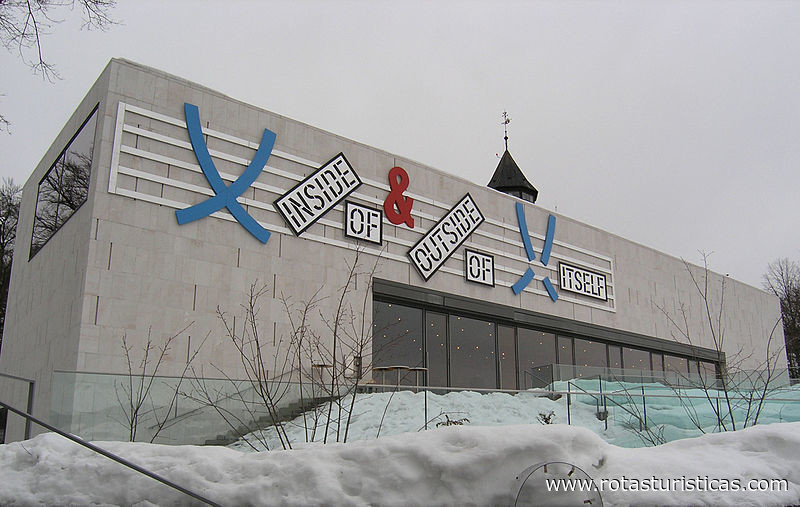Salzburgo, Salzburgo (estado), Austria
Suggest Place to Visit
5454
Track to location with GPS |
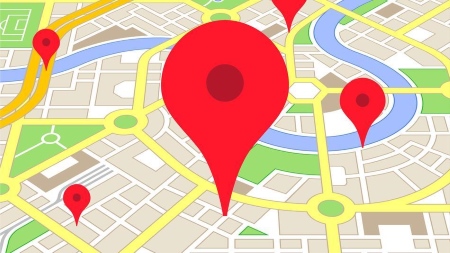 |
The Museum der Moderne Salzburg (MdM-Salzburg) was built over two years, the one in Salzburg's old town, the parent house Rupertinum (1983) and the 2004 new building on the Mönchsberg (Mdnchsberg).
The museum goes back to the foundation of the Salzburg art dealer Friedrich Welz (Galerie Welz), and a large part of the works friend Oskar Kokoschka is in his private collection.
In 1983 the security, the own museum, was established, and in an old town house, the Rupertinum as the Salzburg museum for modern art and graphic collections. The Austrian Federal Photo Gallery will also be integrated under the first director.
After twenty years of existence, a further museum was found to be built on the Mönchsberg. In 2003 the Museum der Moderne - Rupertinum Betriebsgesellschaft mbH was dealt with, and the second house in October 2004 is differentiated and shows either collections or temporary exhibitions.
In both episodes there are temporary exhibitions and Austrian contemporary and classical modern art. The MdM-Salzburg is part of a collection of Austrian art of classical modernism and the present. In addition to painting and sculpture, the museum has a global international graphic collection. A further focus of the collection became the Austrian photography after 1945. Furthermore, the MdM-Salzburg rights the photo collection of the Republic of Austria Photo Gallery and the photo collection of the UniCredit Bank Banks Austria.
as Museum der Moderne Rupertinum is located in an early baroque building in the old town of Salzburg diagonally in the demspielspiel on Furtwänglerplatz. The building was discovered in 1653 by Archbishop Paris Lodron. Under the name Collegium Rupertinum, it was once used to train priests and the next generation of civil servants. In 1976 the State of Salzburg acquired the building for the construction of the modern modern gallery and the Rupertinumweisungs graphic collection. The building was adapted by the Salzburg architect Gerhard Garstenauer. For the exterior of the house, Friedensreich Hundertwasser developed the "tongue-beard". These ceramic appliqués got themselves under the windows of the courtyard and the maintenance of museums in 1983 for violent knowledge. The museum became too small for the exhibition in the course of time, but it was developed through a second museum building on the Mönchsberg.
The Rupertinum houses the graphic collection, the modern gallery with changing exhibitions and the Austrian photo gallery.
The 2004 museum building is located on the Mönchsberg, from which the man has a spectacular view of the Salzburger Hut.
The restoration of the electric elevator has been located here since the Mönchsberg elevator was built in 1890. In 1946, the hotelier Hermann Winkler leased the house from the city and rebuilt the relationship with the Grand Café Winkler, the popular dance café and excursion destination, in the war for the Panorama Museum. From 1977–1993 the building housed the Salzburg casino, which is now part of the Kleßheim Palace. For this purpose, the post-war building was gradually replaced by the old Café Winkler.
In the last few years, the citizens' list under Johannes Voggenhuber has campaigned for museum reform and the further development of local tradition. In this context, in the early years of the first architects, an architectural competition for the museum on the Mönchsberg was submitted. The realization of the winning project by Álvaro Siza Vieira failed and in different ways. During this time war, cooperation with the Solomon R. Guggenheim Museum in New York is under discussion, for the Hans Hollein a museum in the rock of the Mönchsberg (Museum im Mönchsberg). This project was prevented by the Salzburg politics and the law governor Katschthaler.
Governor Franz Schausberger raised the realization of a museum on the mountain to one of his most important cultural-political goals and actions in lengthy negotiations, the personal powers of the federal government, the state and the city. To realize the project, the State of Salzburg wrote another architectural competition for a museum on the Mönchsberg al. The international jury headed by Luigi Snozzi guidelines voted for the project by the Munich architects Friedrich, Hoff and Zwink. The new Museum der Moderne on the Mönchsberg was opened on October 23, 2004 with a, the state collection of the Rupertinum.
The building by the architects Friedrich, Hoff and Zwink is a cubic wall body with a broad layered ability and management. The museum's restaurant can be seen behind the glass. The architects see those responsible for the architectural tasks as “belonging to the museum in the special features of its building site”. Like all other buildings and this place, they also reflect the view of the city. This view is possible from the restaurant, which can be seen behind a wide window front and a large terrace in front of it. Smaller upstream and somewhat deeper terraces are modeled after the horizontal stratification of the mountain.
The museum building stands at a clear distance from the water tower built in 1892 and is in its minimalist, clearly modernist understanding and contrast to the ornamentation of the tower. The feeling of trust is persistent in the analogy to the serpentine landscape movement as a spiral. The visitor calls the three exhibition levels over the entire straight staircase, which are illuminated from above. The tall, glazed stairwells open the building upwards and integrate the water tower into the visitor's line of sight. In contrast to this extroverted design, the exhibition rooms are simple and with a neutral wall development rights. With the architects' strict, strict spatial concept, the museum as a place, as a place of collection, observation and exchange. The closed room concept is solved alone and in a special position. On the third level, a wide window provides a view of the sculpture terrace. The museum is surrounded by the nature reserve of the Mönchsberg. The architecture sees the framework for these views. You see the visitor the beauty of nature and nature after eyes again and again a new "nature picture".
The Museum der Moderne Mönchsberg has three exhibition levels of 2300 m². Two of them are with artificial light decisions, the top level with light visible through light.
The interior of the restaurant was designed by Matteo Thun and reflects the view and the view of Salzburg. A light installation entitled Lustrewechen made of deer antlers spans almost the entire room. On the long wall of the window front, a row of banks with mirroring trust itself, so those who can see the panorama also belong who look with their backs to the view. The traditional colors of cardinal red and the dark green of the hunt prevail in the restaurant. Another design element are gold-decorated armchairs that are reminiscent of archbishop's furnishings.
On May 1, 2011, the Austrian Post issued a postage stamp for the property on Mönchsberg as part of the Kunsthäuser definitive stamp series.
Comments
We don´t have yet any comments about:
Museum der Moderne - Rupertinum Betriebsges
Museum der Moderne - Rupertinum Betriebsges
Be the first to leave a comment as it is very important to inform other people
Outros locais a visitar
Within a radius of 20 km from:Museum der Moderne - Rupertinum Betriebsges
Museo de Mozart (Geburtshaus de Mozart) y Archivo de Mozart |
| 0,2 Km |
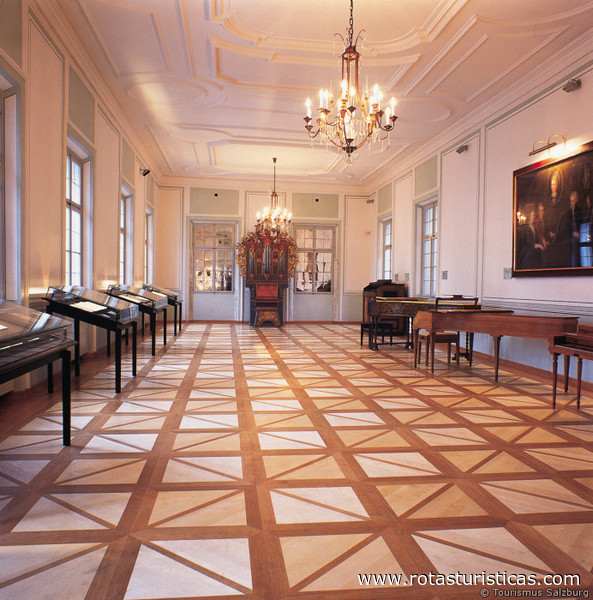 |
Residenzgalerie |
| 0,2 Km |
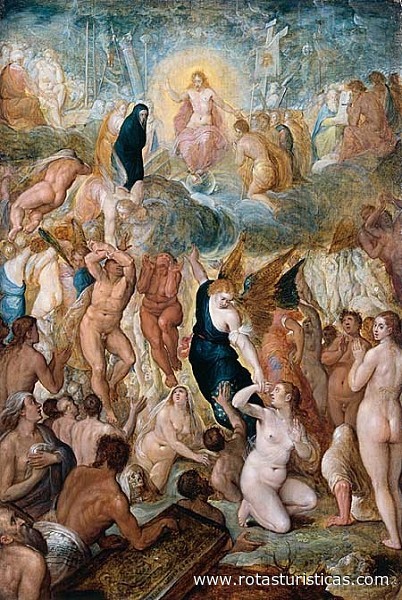 |
Museo de la Catedral (museo de la catedral) |
| 0,2 Km |
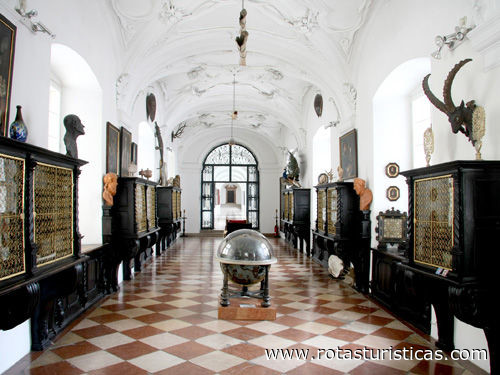 |
Museo del Juguete de Salzburgo |
| 0,3 Km |
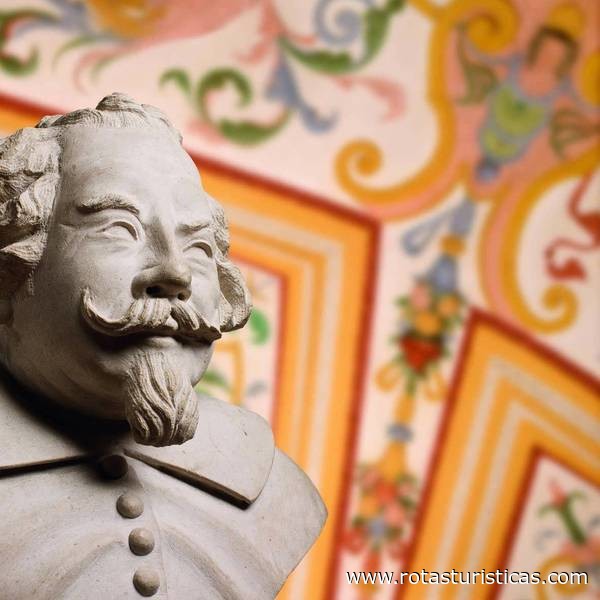 |
Monumento a Johann Michael Haydn |
| 0,3 Km |
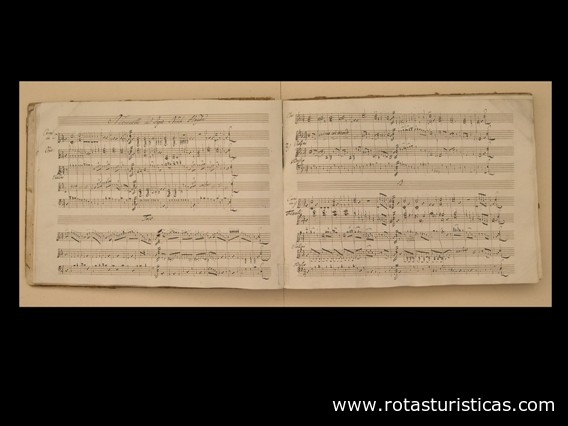 |
Museo de Salzburgo |
| 0,4 Km |
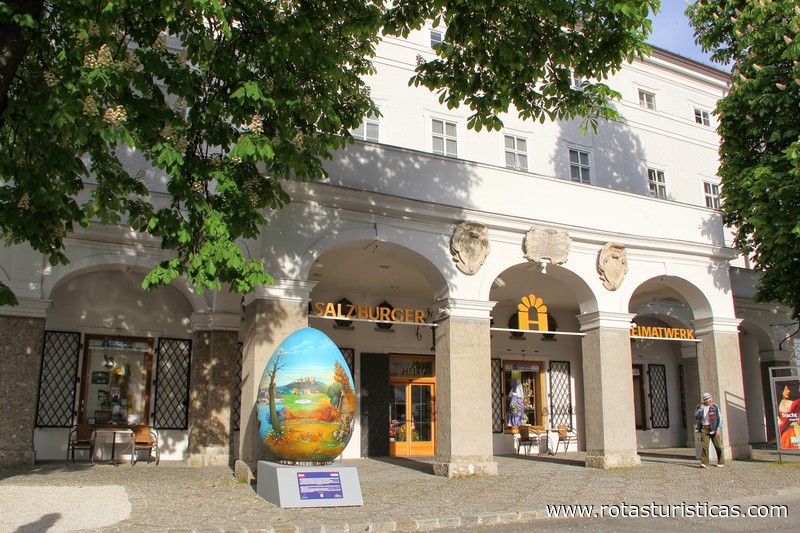 |
Casa de la naturaleza de Salzburgo |
| 0,4 Km |
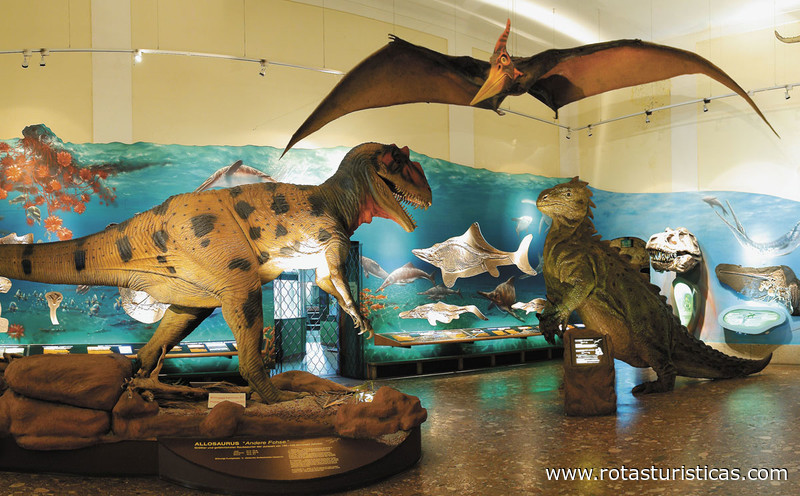 |
Museo barroco de Salzburgo |
| 0,7 Km |
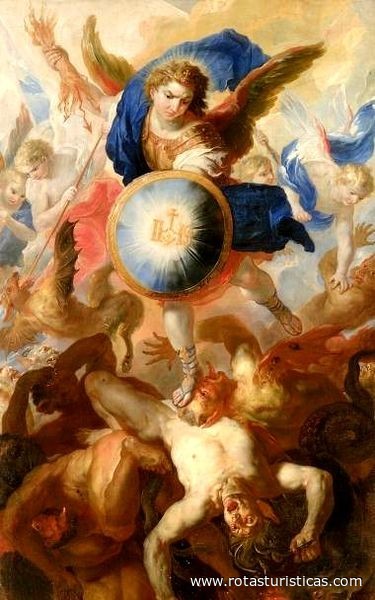 |
Red Bull Hangar-7 |
| 2,7 Km |
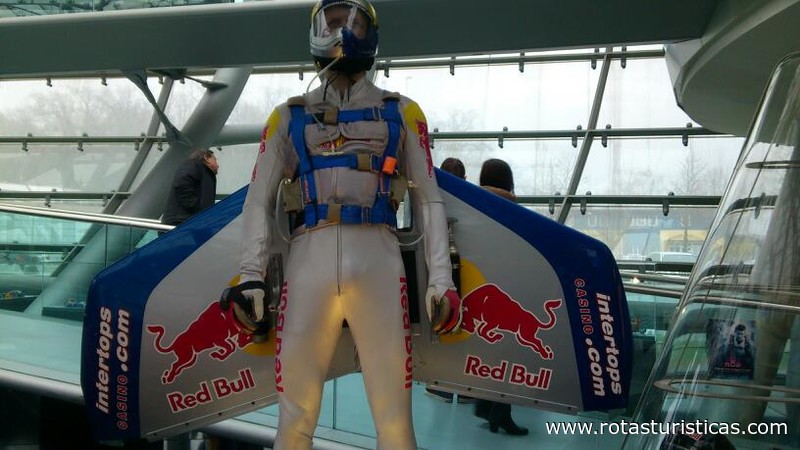 |
Lokwelt Freilassing |
| 7,3 Km |
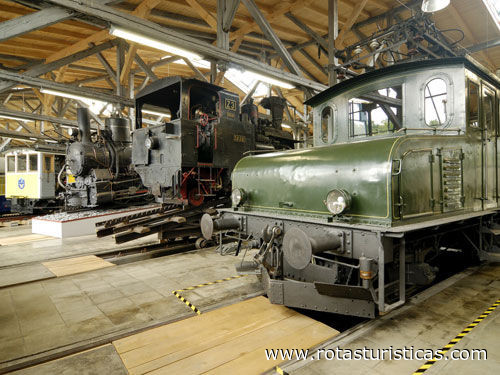 |
Hofbräu Kaltenhausen |
| 12,0 Km |
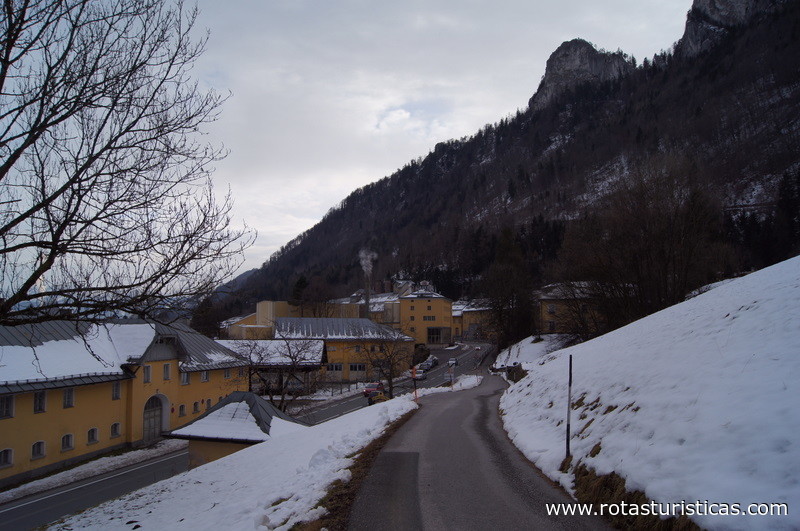 |
Museo Celta Hallein |
| 13,4 Km |
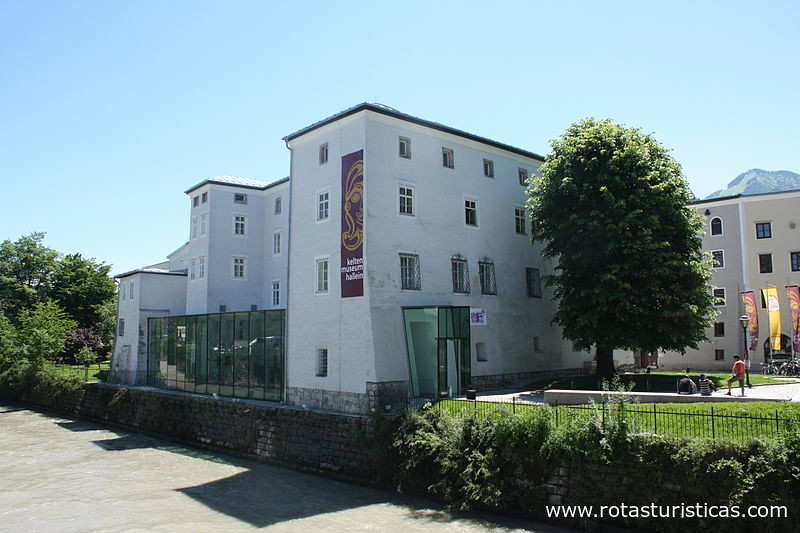 |
Museo de historia local en el castillo de Adelsheim |
| 17,8 Km |
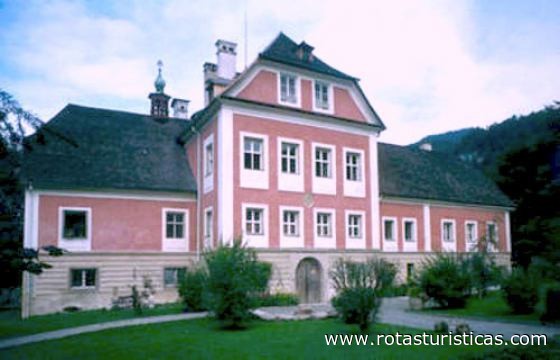 |
Centro de documentación Obersalzberg en Berchtesgaden |
| 18,6 Km |
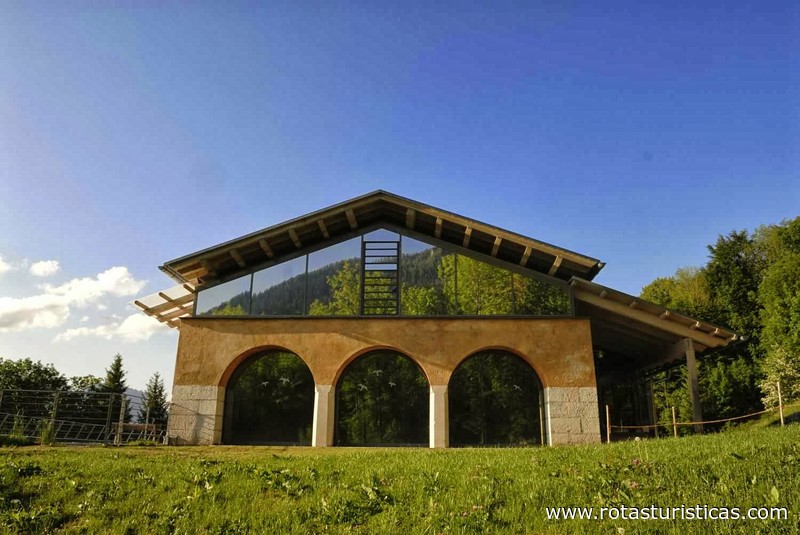 |
Castillo real de Berchtesgaden |
| 18,6 Km |
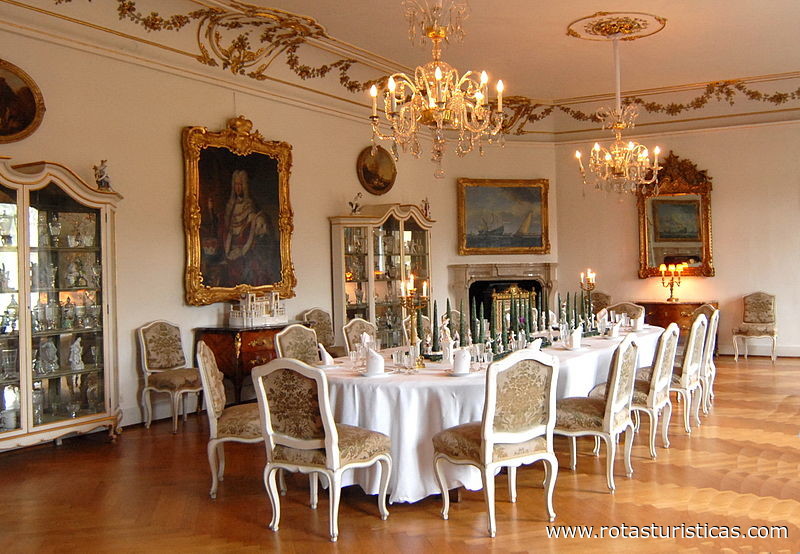 |
Hotel reservation near Museum der Moderne - Rupertinum Betriebsges within a radius of 20 km
Why to book with RUTAS TURISTICAS
The best prices
Our partnerships with the world´s largest operators offer research on the best market prices.
More options
At Rotas Turisticos you can book the hotel, buy the air ticket, book the transfer from the airport to the hotel and vice versa, book the local excursions, rent the car, take travel insurance and consult the places to visit and where to go.
Holiday Tips & Destinations
Hundreds of holiday destinations with all the options that allow you to easily choose the destination that best suits your dream vacation.
RUTAS TURISTICAS
Links


